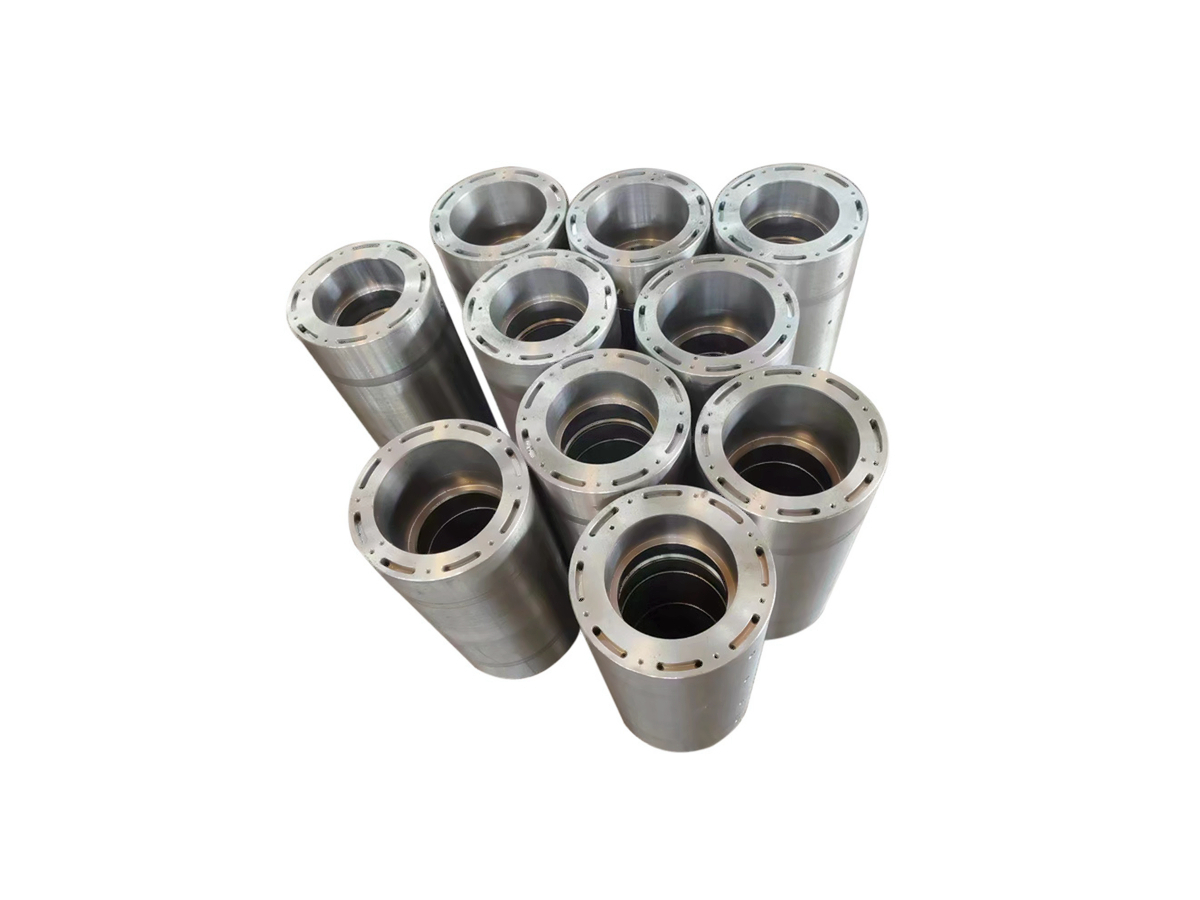Deep Hole Drilling in Medical Devices: Enhancing Precision in Critical Manufacturing
Introduction
In the Medical Device industry, deep hole drilling is essential for producing components requiring extremely precise internal channels and intricate boreholes. Surgical instruments, implants, biopsy needles, orthopedic screws, and medical probes depend significantly on accurately drilled microchannels to ensure functionality, biocompatibility, and patient safety.
Specialized CNC drilling services deliver unmatched precision and surface integrity required by medical standards. Mastering advanced deep hole drilling techniques significantly improves device reliability, patient outcomes, and compliance with rigorous healthcare standards.
Medical Device Materials
Material Performance Comparison
Alloy | Tensile Strength (MPa) | Yield Strength (MPa) | Biocompatibility | Typical Medical Uses | Advantage |
|---|---|---|---|---|---|
485-650 | 170-310 | Excellent | Surgical instruments, implants | Superior corrosion resistance, biocompatible | |
860-950 | 795-870 | Excellent | Orthopedic implants, dental implants | Lightweight, superior strength, biocompatibility | |
900-1200 | 600-800 | Excellent | Joint replacements, surgical components | High strength, wear resistance, biocompatibility | |
90-100 | 90-95 | Excellent | Surgical guides, implants | Radiolucency, chemical resistance, biocompatible |
Material Selection Strategy
Material selection in medical deep hole drilling requires careful consideration:
Surgical instruments and implants demanding high corrosion resistance: Stainless Steel SUS316L provides excellent biocompatibility.
Orthopedic and dental implants requiring lightweight and high strength: Titanium Ti-6Al-4V ELI (Grade 23) is preferred.
Joint replacements and wear-intensive components: Cobalt-Chrome Alloy (Stellite 6B) offers superior durability.
Implants requiring radiolucency and chemical resistance: PEEK (Polyether Ether Ketone) is optimal.
Deep Hole Drilling Processes
Process Performance Comparison
Drilling Technology | Hole Diameter Range (mm) | Depth-to-Diameter Ratio | Typical Medical Uses | Key Advantages |
|---|---|---|---|---|
0.5-20 | Up to 100:1 | Surgical instruments, biopsy needles | High precision, excellent internal finish | |
5-100 | Up to 200:1 | Orthopedic rods, larger implants | Efficient deep drilling, excellent hole straightness | |
1-20 | Up to 50:1 | Complex medical components, implants | Precise angled drilling, high versatility | |
0.1-2 | Up to 100:1 | Micro-surgical instruments, precision probes | Ultra-precise small diameter drilling |
Process Selection Strategy
Optimal deep hole drilling technology for medical components depends on specific requirements:
Precision micro-channels in surgical instruments: Gun Drilling ensures unmatched accuracy and surface quality.
Large-diameter, deep holes for orthopedic implants: BTA Drilling delivers efficient drilling with straight bores.
Complex multi-angled drilling needs: Multi-Axis CNC Drilling provides versatility and accuracy.
Extremely small, precise holes in micro-devices: EDM Drilling guarantees minimal distortion and maximum precision.
Surface Treatment
Surface Treatment Performance
Treatment Method | Biocompatibility | Corrosion Resistance | Wear Resistance | Typical Medical Uses | Key Features |
|---|---|---|---|---|---|
Excellent | Superior (≥800 hrs ASTM B117) | Moderate-High | Surgical instruments, implants | Ultra-smooth finish, enhanced biocompatibility | |
Excellent | Excellent (≥600 hrs ASTM B117) | Moderate | General medical devices, stainless steel components | Surface cleanliness, corrosion protection | |
Good | Superior (≥1000 hrs ASTM B117) | High (HV2000-3000) | Surgical tools, orthopedic implants | Superior wear resistance, increased hardness | |
Excellent | Excellent (≥500 hrs ASTM B117) | Moderate | Medical devices requiring a durable finish | Durable, biocompatible surface enhancement |
Surface Treatment Selection
Surface treatment significantly improves medical device performance:
Surgical instruments and implants: Electropolishing ensures smoothness, corrosion resistance, and biocompatibility.
General stainless steel medical components: Passivation enhances corrosion protection and cleanliness.
Wear-intensive surgical tools and implants: PVD Coating provides superior durability and hardness.
Components needing enhanced surface durability and biocompatibility: Anodizing offers effective protection.
Quality Control
Quality Control Procedures
Dimensional accuracy verification using Coordinate Measuring Machines (CMM) and specialized medical gauges.
Surface roughness and internal finish validation via profilometry and optical inspection systems.
Biocompatibility testing compliance with ISO 10993 standards.
Non-destructive testing (NDT), including ultrasonic (UT) and radiographic inspection (RT) to ensure component integrity.
Corrosion resistance testing using ASTM B117 salt spray methods.
Comprehensive documentation and traceability meeting medical quality standards such as ISO 13485 and FDA regulations.
Industry Applications
Deep Hole Drilled Medical Device Applications
Precision surgical instruments with internal channels.
Orthopedic implants such as intramedullary rods.
Biopsy needles and minimally invasive surgical devices.
Complex medical probes and micro-instrumentation.
Related FAQs:
Why is precision deep hole drilling essential for medical devices?
Which materials are ideal for implantable medical components?
How does gun drilling improve medical instrument precision?
What surface treatments enhance biocompatibility of medical devices?
What quality standards apply to deep hole drilled medical components?

